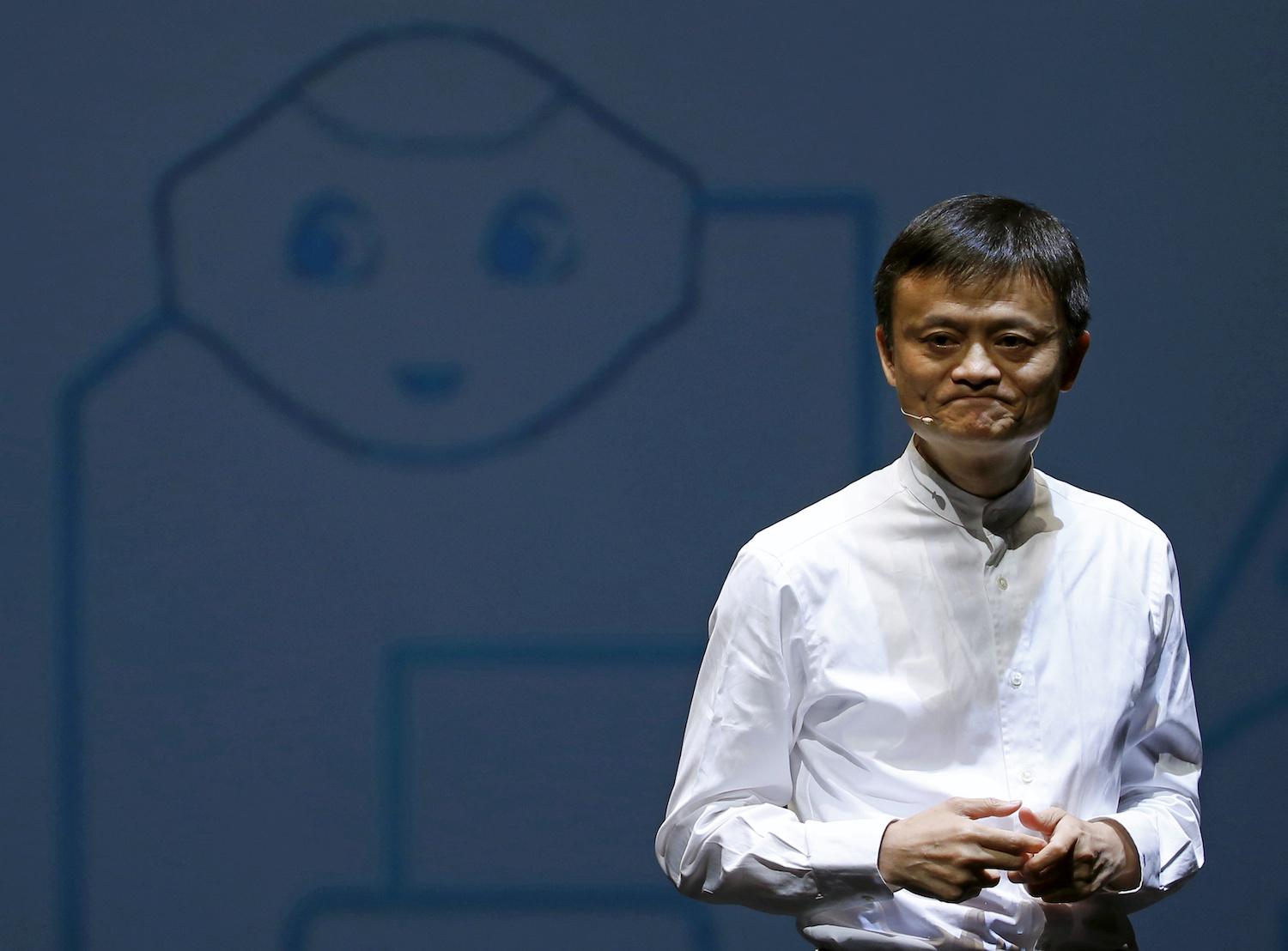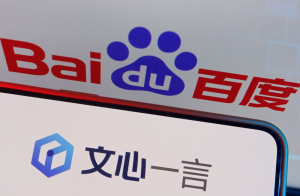(ATF) Alibaba Group’s shares rose in Hong Kong after Chinese authorities announced a fine of over $2.8 billion on the e-commerce giant – but shares of other Chinese internet giants have plunged. Analysts say Alibaba won’t be the last target of Beijing’s anti-monopoly campaign, and other e-commerce giants, such as Tencent, Baidu, Meituan, and ByteDance, are likely to face more scrutiny.
“The fine bill is a milestone and road sign with great importance,” wrote Shi Jianzhong, an antitrust consultant committee member on China’s State Council and professor at China University of Political Science and Law, in the state-backed Economic Times.
“It indicates that the antitrust law enforcement on internet platforms has entered a new era, and released a clear policy signal,” he said.
China’s major markets regulator on Saturday announced it had fined Alibaba more than $2.8 billion for abusing its market dominance, but the e-commerce group’s shares rose as much as 9% in Hong Kong on Monday.
Alibaba was found to have gained an unfair competitive advantage by forbidding merchants from opening stores on other e-commerce platforms or participating in their promotional campaigns, the State Administration for Market Regulation (SAMR) said.
The penalty on Alibaba was equal to 4% of the e-commerce giant’s revenues in 2019, which was relatively mild considering that the cap on this type of fine is 10% of revenues.
While the worst appears likely to have passed for Alibaba in terms of regulatory penalties, analysts said a new chapter of strong antitrust scrutiny is only beginning.
Analysts from Jefferies said today that China’s central bank gave updates on the five main ‘rectifications’ it wanted from Alibaba and its subsidiaries. These were: 1/ different payment choices being available and adjustments on ‘improper’ links between Alipay and credit products Jiebei and Huawei; 2/ protection of consumer data; 3/ setting up a financial holding company with all financial activities monitored; 4/ boosting corporate governance and fixing issues across lending, wealth management and insurance; 5/ reducing the scale of Yu’ebao money market fund.
They said: “We expect that rectifications can foster long-term sector developments with a multitude of players to drive industry growth.”
Alibaba’s response was heartfelt: “We accept the penalty with sincerity and will ensure our compliance with determination.”
Given Alibaba’s earnest vow to adhere to the regulators’ demands, described by some observers as a virtual ‘thank you note’, the spotlight has shifted to other contenders.
Shares of Meituan plunged 5.03% on Monday in Hong Kong, while JD.com dipped 2.15%, and Tencent decreased 1.13%.
Shares of Baidu were down 3.67% and Bilibili down 4.47%. Both companies completed secondary listings in Hong Kong last month as delisting risks widen in the US amid continuing US-China tensions.
Alibaba ‘won’t be the last’
“Compared with previous antitrust fines that were hundreds of thousands of yuan, this latest fine by SAMR will surely be an effective deterrent for the other internet companies. It demonstrates China’s determination to strengthen anti-monopoly regulations. Alibaba is the first, but won’t be the last [to be fined],” Yang Fan and several other policy analysts from CITIC Securities said.
Beijing’s anti-monopoly campaign against the internet giants has intensified after the watchdogs pulled the plug on the IPO of Alibaba’s affiliate Ant Group in early November.
In the months since then SAMR has slapped fines on over a dozen Chinese tech giants for not reporting properly on deals for anti-monopoly reviews.
In December, SAMR said it would fine Alibaba, Tencent-backed China Literature and SF Express-backed Shenzhen Hive Box 500,000 yuan (about $76,000) each for not reporting properly on past deals in regard to anti-monopoly breaches.
And in March, SAMR issued 10 more complaints against 12 internet companies such as Tencent, Baidu and others over similar violations and fined each 500,000 yuan.
Fang Xingdong, founder of ChinaLabs – a Chinese think tank specialised in the internet sector – said that hundred-billion-dollar internet giants such as Baidu, Tencent, ByteDance, and Meituan may all face anti-monopoly crackdowns this year.
“Year 2021 will be a tough year for the internet giants… the larger their scale, the more pressure and pain they will feel,” he said.
Gone are the days when the internet giants were able to grow their business exponentially without much regulation. So, China’s internet sector is entering a new era of redefined rules and restructured orders, he said.
Greater scrutiny on M&As
The tech giants will not be able to acquire small players freely like they used to, analysts say. Deals like Didi Chuxing’s acquisition of Uber China and Alibaba’s acquisition of food ordering service Ele.me might never happen again.
However, it appears the watchdog is willing to wave some deals through. Reuters reported on Friday that China’s antitrust regulator is ready to clear tech giant Tencent Holdings’ plan to take the country’s No.3 search engine Sogou private.
SAMR has no objection to Tencent’s $3.5-billion deal for 60% of US-listed Sogou – as long as Tencent is willing to set up a special mechanism to ensure data security, Reuters said, citing people with knowledge of the matter.
Tencent must also pay a comparatively small fine – 500,000 yuan – for not reporting deals properly for antitrust reviews, two of the people said. That is in line with past cases for similar violations.
Focus on monopolistic practices
The focus of Beijing’s anti-monopoly campaign is on monopolistic practices, rather than on monopolistic positions, analysts from CITIC Securities said.
Besides the practice of forcing merchants into exclusive partnerships on their platforms, other practices that will likely face more scrutiny include coordinating a price increase with merchants, charging higher fees to repeat buyers based on big data algorithms, and offering ultra-low prices to squeeze out competition, they said.
CITIC Securities analysts expect China’s other internet giants to carry out self-initiated “rectifying actions” based on China’s anti-monopoly rules for the internet sector.
While JD.com and Pinduoduo, smaller rivals of Alibaba, are unlikely to be accused of “market dominance”, they will need to tidy up their practices in providing subsidies, “mining” user information, and using new technologies, analysts said.
CITIC Securities analysts also expect that regulations on user data and privacy protection to be an important items on the authorities’ agenda.
























